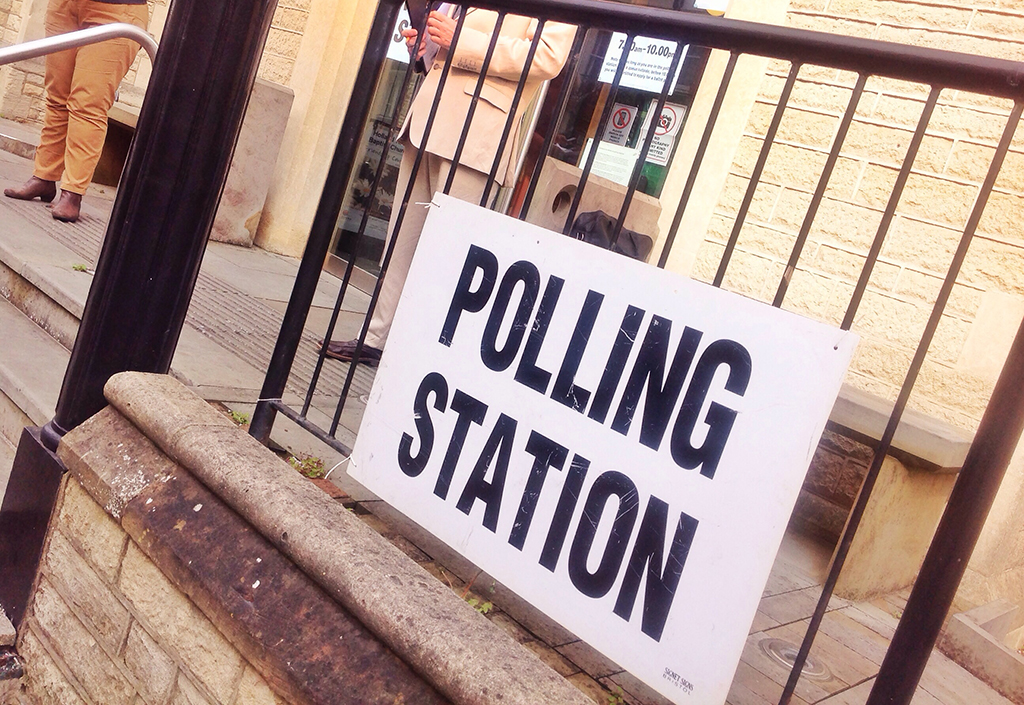According to data from HMRC and analysed and published by The Times, landlords could play a pivotal role in who ends up with the keys to No.10 Downing Street come December 13, with the outcome of over 100 constituencies potentially in their hands.
The data in 124 constituencies across the UK with the number of people declaring income from property in 2017/18 was the same as or larger than the overall majorities of candidates elected in 2017.
Of those constituencies where the landlord vote was decisive, the Tories won 55 seats, including key seats such as the Justice Secretary’s Robert Buckland in South Swindon and the former Conservative Party Leader, Iain-Duncan Smith’s seat in Chingford and Woodford.
Labour won 39 of the seats identified by the data in 2017, including in Shadow Transport Secretary, Andy McDonald’s seat in Middlesbrough and Lesley Laird – Shadow Scottish Secretary – in Kirkcaldy and Cowdenbeath.
Meanwhile, the Liberal Democrats won seven seats in 2017 in the areas identified in the data. They include Westmorland and Lonsdale, held by the party’s former leader, Tim Farron, and Kingston and Surbiton, won at the last election by the Deputy Leader, Ed Davey.
The statistics show that of those constituencies in which the landlord vote is the same as or larger than the majorities won in 2017, 14 are in London, 12 are in the South East, 11 are in the East Midlands and North West, 10 are in Yorkshire and The Humber, nine in the South West, eight in the East of England, six are in the West Midlands and three in the North East.
In Scotland 25 seats could see landlords decide the final results; while in Wales it was identified as nine seats and six in Northern Ireland.
Commenting on the data, David Smith, Policy Director for the Residential Landlords Association (RLA) said the figures showed it was important for all political parties to “do more to support good landlords to provide the homes to rent we need.”
He said: “That is why all parties need to do more to enforce the wide range of powers already available to root out criminal landlords rather than introduce new obligations which have no hope of being properly enforced by hard pressed councils.”

